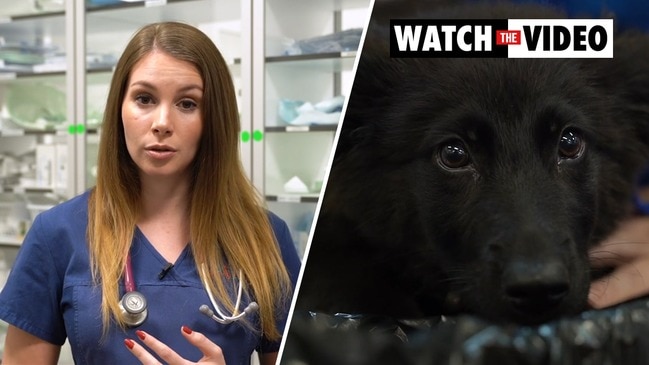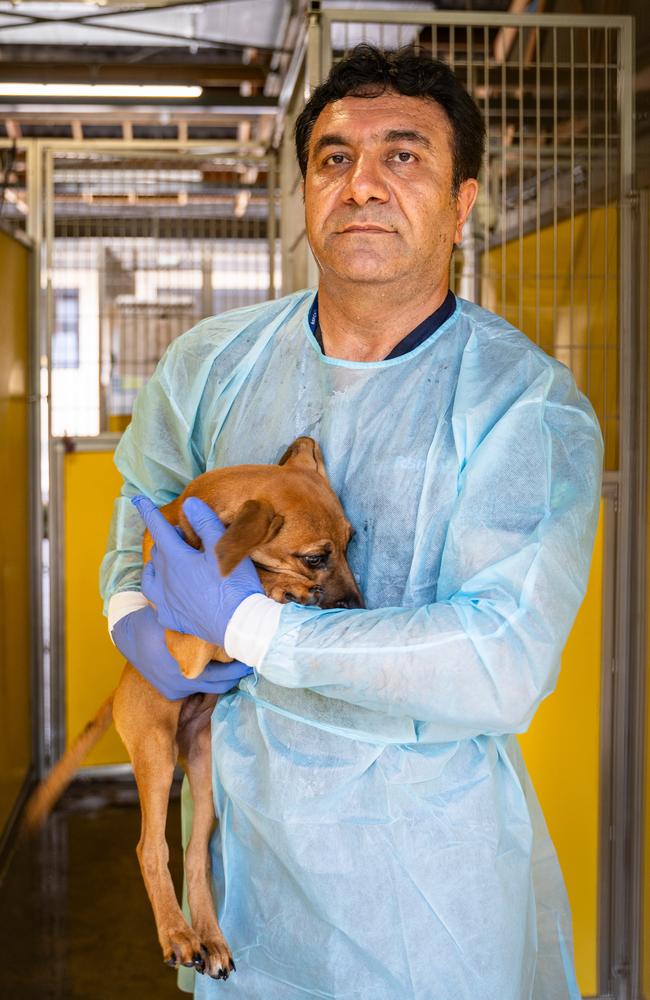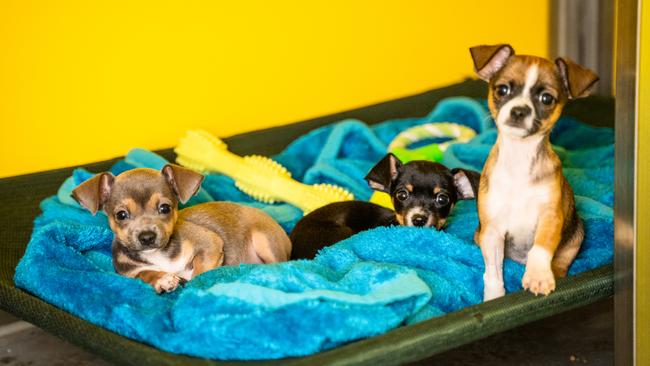How to protect your dog as Parvovirus spikes in Brisbane
Dog owners across Queensland have been urged to protect their pets from a deadly virus following a recent spike in cases. Here’s how you can save them.

QLD News
Don't miss out on the headlines from QLD News. Followed categories will be added to My News.
Dog owners across Queensland have been urged to protect their pets from a deadly virus following a spike in cases.
Parvovirus cases have significantly risen in recent weeks after 12 dogs, from Woodridge and Inala, were admitted to the RSPCA Hospital in Brisbane, with only three surviving.
An RSPCA spokesman said their veterinary team typically have over an 80 per cent success rate of parvo case rehabilitation however the influx and severity of cases has ended tragically.

“This is highlighting the severity and danger of this highly contagious virus along with the critical need for early intervention and prompt treatment to improve chances of recovery,” a spokesman said.
RSPCA Queensland Chief Veterinary Officer Dr Anne Chester said unvaccinated dogs and puppies was a reason for the “sharp rise” in cases.
“Many puppies haven’t been vaccinated or dogs are not up to date with their annual boosters,” Dr Chester said.
“The virus can be fatal, and it’s heartbreaking to see dogs suffering when this could have been prevented.”
The virus attacks a dog’s gastrointestinal system and common symptoms include unusual tiredness or lack of energy, a sudden disinterest in food, severe or repeated vomiting and diarrhoea often accompanied by blood in the stool.
Dr Chester said the vaccination is the most effective way to protect your dog.
“Puppies should begin their vaccinations at around six to eight weeks of age, with boosters administered as they grow, and adult dogs should also receive regular vaccinations to maintain immunity,” Dr Chester said.

“We are relieved that three of the recent dogs that have come into our care have survived.
“Without timely intervention, most dogs affected by parvovirus do not make it.
“We urge all dog owners to act now and ensure their pets are fully vaccinated to avoid unnecessary suffering.”



